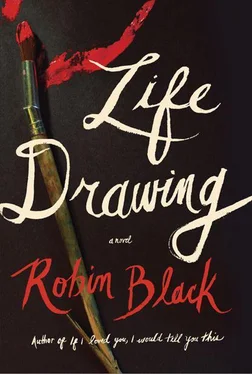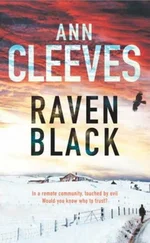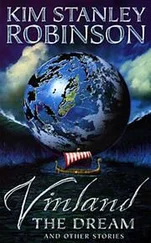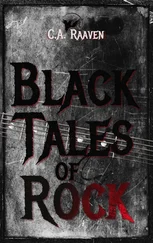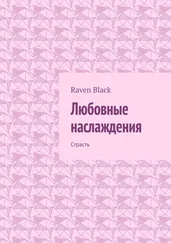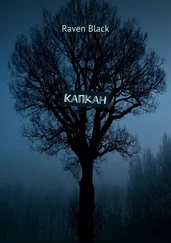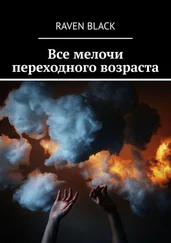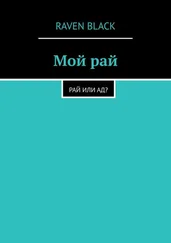.
I stopped then. Because I had surprised myself with that word. Did I feel unhinged? Not at that moment. But I left it in.
I hadn’t known your father was marrying. I hope it is a fun event
.
I deleted that.
I hadn’t known your father was marrying. Please give him my best
.
I deleted that.
I hope the wedding is wonderful. My best wishes to you all
.
I settled on that and went on,
Please don’t hold my slow reply against me and please let me know what you’re up to, soon. And next time, ahem, a few pictures of your work wouldn’t hurt. I want to see what you’re doing! I am certain that it’s wonderful
.
Love
,
Augie
Imight never receive the adoration I’d watched young Nora receive all night, but I didn’t have to ignore the one person alive on whom I could lavish it.

From my studio, all that Sunday, I caught glimpses of activity by Alison’s house and toward the barn and on the path between, but I tried not to keep close track of the comings and goings — of anyone. The two women out in the car. The younger popping in to ask her new favorite author for some advice. The man crossing over the hill, a book in hand. I tried not to keep track. I didn’t altogether succeed. Not at first. But gradually it all faded into background.
When I was a child, long before it occurred to anyone to be sensitive about such things, my sisters and I had special parent visiting days at our school. Celebrate Mom! It wasn’t always that bad; but we were almost always the only children without a mother, and in the 1960s, the ’70s, a visiting parent still meant a visiting mom. Each of us dealt with it differently. Charlotte, the ultimate lemonade-from-lemons girl, would try to share a friend’s mother for the day, and when asked at dinner how it went would say, “Fine. It was fun,” as though there were no reason to imagine otherwise. Jan, the youngest and probably the smartest of us all, would announce matter-of-factly that she would be staying home, interrupting our father’s gruff offer to wander over from his own classroom, before he could get all the words out. And I would take the middle path, the compromise solution that so often means misery. I would go to school. And feel sorry for myself. Not pretend I had a mother. Not pretend my father was an acceptable substitute. Not pretend at all. But tough it out.
That was the idea anyway, but we can be more self-protective than we intend. I don’t remember the earliest events, first grade, second grade, not clearly, not beyond the regular pulse of self-pity and jealousy beating through my heart. But I do remember a parents’ day when I was eleven or so and realized that I could be there and still not be there at all. I only had to draw. Or paint. Or not even do either of those things, but just imagine doing them; think about what my next picture would be; and look around me, no longer seeing mothers and children, only objects, subjects, surfaces. Light.
During the second day of Nora’s visit, I retreated again to that place.
I worked on the boy on my front steps again, Oliver Farley, using my drawings for early reference, continuing to paint around the empty canvas I thought of as him. Our rarely used front door is black, and I worked a good long time that day defining the raised panels, catching the gleam of the large brass doorknob, then muting it, as in real life, showing it worn and softened with age. That doorknob, barely a third of an inch on my canvas, took me the better part of two hours — and I knew I might need to change it later if another look outside revealed any missteps.
I sometimes think of such visual details as deep, private pools of water into which I dive alone. I am oblivious at those times to anything beyond my sense that there is a way to communicate to others exactly how the world appears to me. This is the precision for which I strive. Some kind of commitment to accuracy, my belief that the appearance of a thing can flow right through me and out to another set of eyes. And not just the appearance, but the beauty to be found — even in things not inherently beautiful. There is an urgency I feel, maybe with its roots in those early childhood days of using art as an escape, but maybe not. Maybe just a part of me, whatever the history of my life.
I went through a period, in college, and for a while after then, of accepting that my work was old-fashioned — and fretting over the condemnation of that term. I had friends who were conceptual artists, of course, friends who did bizarre, socially disruptive installations, friends who were blessed — I believed — with the conviction that they could reinvent not only art, but thought. And I could do neither, I knew, which knowledge deflated me. But in the end I understood that I had no choice. I knew what I was, this vessel for taking in, holding, and then releasing again the facts of what I saw.
And there were arguments of course, late-night debates with our ever-present artist friends, since that word, facts , is not itself an accurate one. Each observation I have and then try to convey — always, that word, convey , always that desire to communicate — was warped and altered by my perspective. But it was an accurate enough way to describe what I understood myself to be, and an accurate enough way to describe the sensations that created the isolated trance into which I would fall while at work.
At some point that morning, Owen leaned in to say he was taking the women into town for lunch, asking if I wanted to come along; and I said no, but thanked him and told him to have fun. I didn’t add that I’d had enough for a twenty-four-hour period of watching Alison worship Nora and Nora worship Owen, but I had.
By the time they came back, though I heard the car and then voices, it all seemed distant again. This was the power I had discovered as a motherless child, and could still access — sometimes. The power to make the unreal real, and make the real world go away.
But then in the late afternoon, while my focus was set entirely on the diamond-shaped leaded glass windows on either side of our front door, reality asserted itself. The phone. My father, out of control again. He had broken a mug and used it to threaten a nurse. There were going to have to be some changes after all. Could I be there the next morning for a consult?
It wasn’t a question. I would go.
Owen would go too. That also wasn’t a question. For a moment, I’d thought he wouldn’t offer, that the lure of an admiring young acolyte would keep him home, but I had underestimated him. There wasn’t a breath of distance between us as we sat at our sorrowful dinner and talked through the coming process. Winnowing, winnowing. When we’d first moved my father, we’d winnowed the old house into his new efficiency apartment; and now we would winnow again. But even the winnowing had been winnowed. It wouldn’t be a big job this time. No kitchen for him — too dangerous to have breakables that could be hurled, knives, even forks. And barred windows from now on too. Winnowed windows. Winnowed windows for my winnowing widower father. As I fell asleep my mind was filled with such phrases, nonsense, surrendering to the nonsensical nature of life.
We met the doctor at eight in the family conference room, furnished like a mid-level hotel, decorated with posters of worse-than-mediocre art, pointless, meaningless washes of pastels, framed in gold. We sat at a lacquered mahogany table that shone in ways that struck me, ever obsessive about shine, about shadow, as artificial in some way. The doctor was a youngster, an unfamiliar face who must have started there over the summer, almost Owen’s height with coarse red hair through which he ran his enormous hand at regular intervals. He looked nervous and not up to the job of telling us what he had to tell us — even though we already knew what he would say and he knew that we knew. A necessary relocation. A different protocol. There was a three-strikes policy, he said. I pointed out that there had only been two strikes.
Читать дальше
